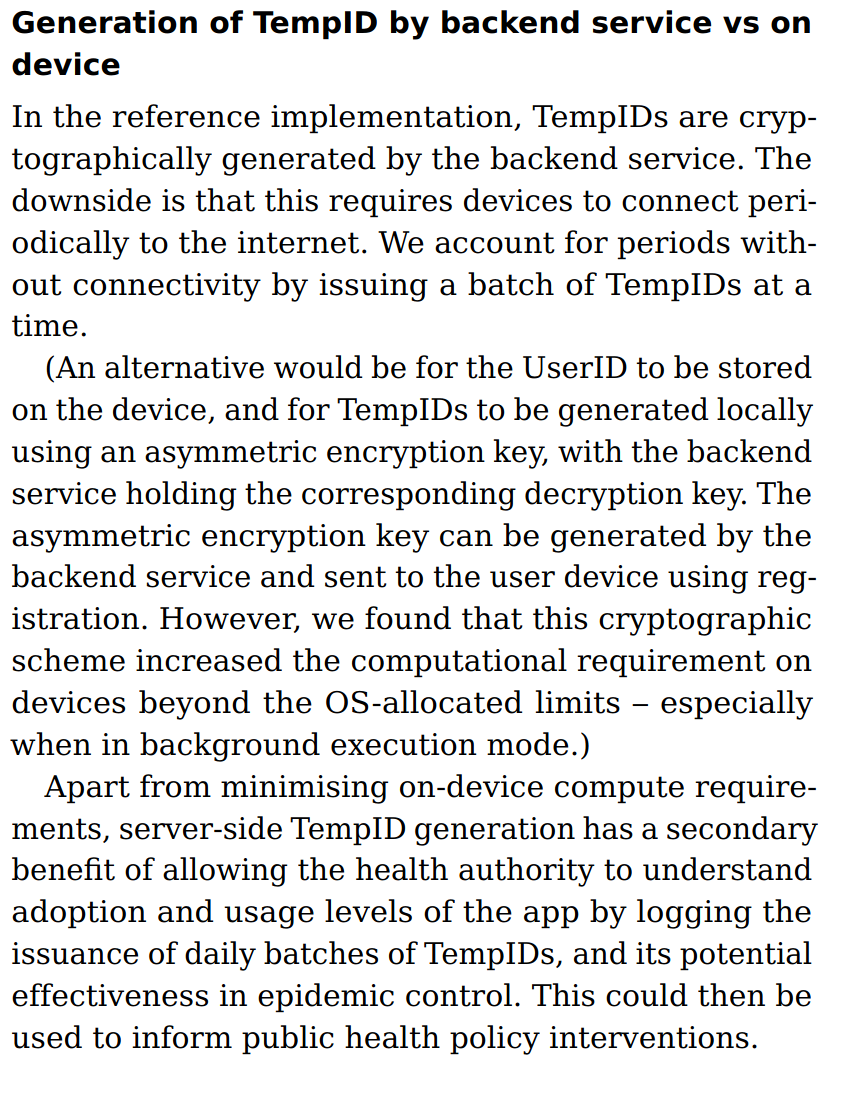
1/4: When I installed the service Vic app on June 4 (when it became compulsory) the splash screen told me "Your personal details always stay on your phone," which is not true: your check-in details are uploaded to a central database immediately when you check in. #Vicpol @OVIC_AU 
https://twitter.com/theage/status/1407088544422760454

2/4: Now (surprise, surprise!) we're debating further access to that database, which never had to be built in the first place. Aotearoa/NZ and the UK have 'automated diary'-style apps in which your check-in data does stay on your phone, with notification to the affected person.
3/4: I even wrote up an idea for the best of both worlds, in which local personal data storage could be combined with automatic notification to govt if you'd visited an exposure site. github.com/AusOpenTech/Au…
4/4: IMHO access by Vic police with a warrant for investigating serious crime is the least of the concerns for this database. Unauthorised access by organised crime, abusive partners, foreign spy agencies, etc, is a greater risk - one we won't have the luxury of "debating."
• • •
Missing some Tweet in this thread? You can try to
force a refresh





